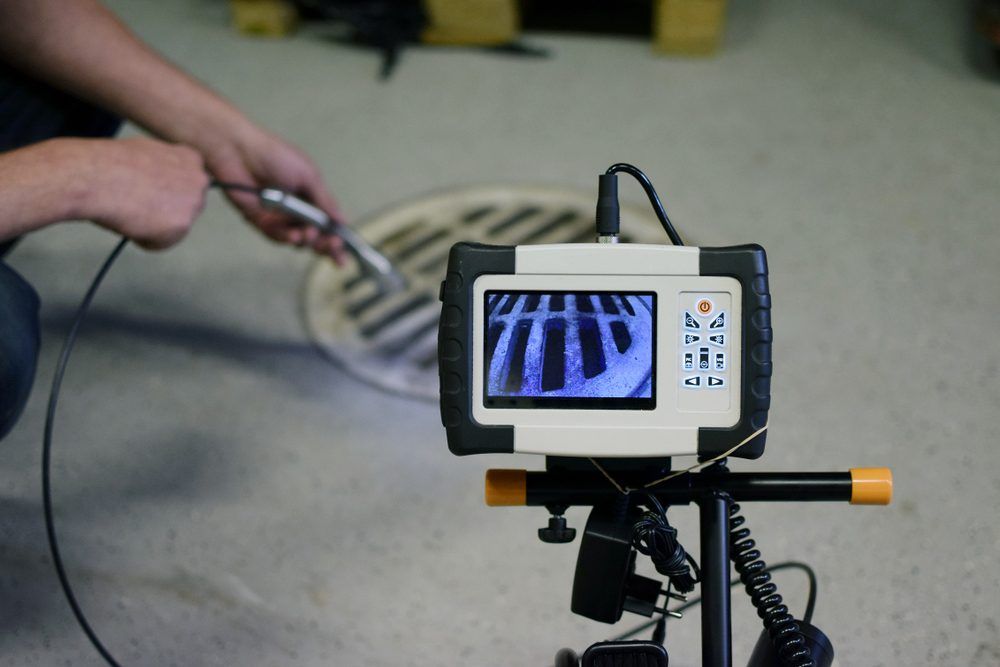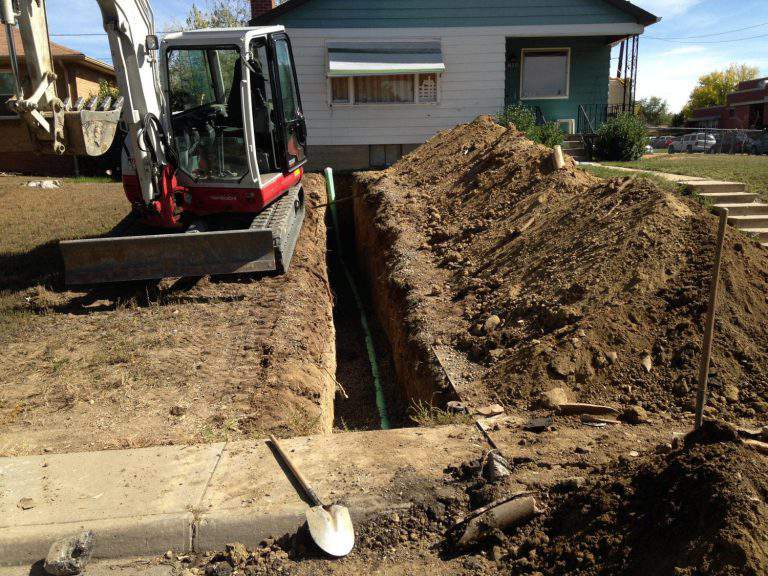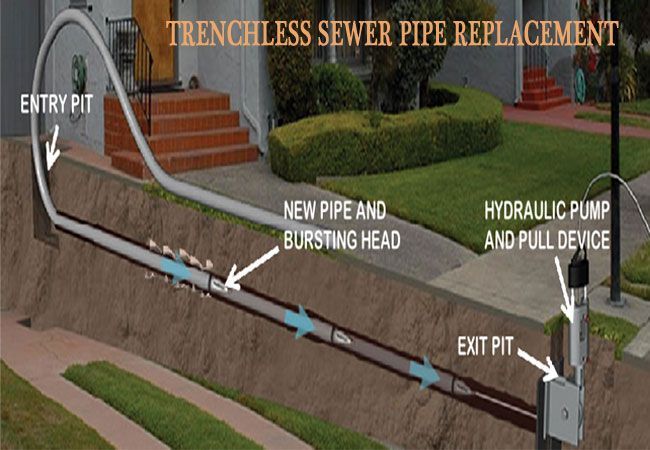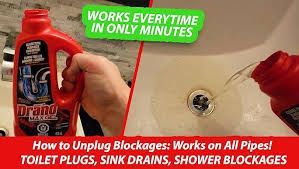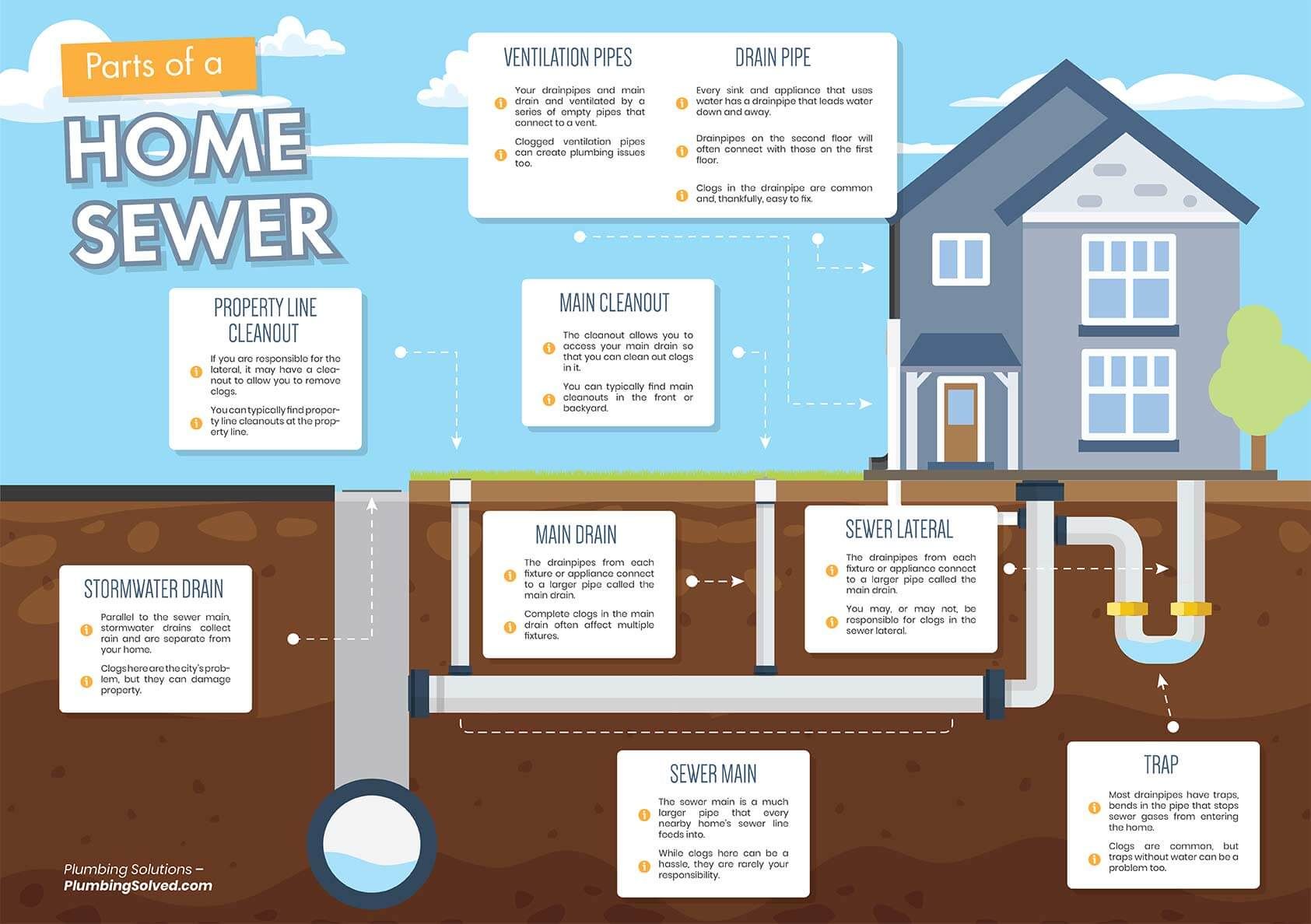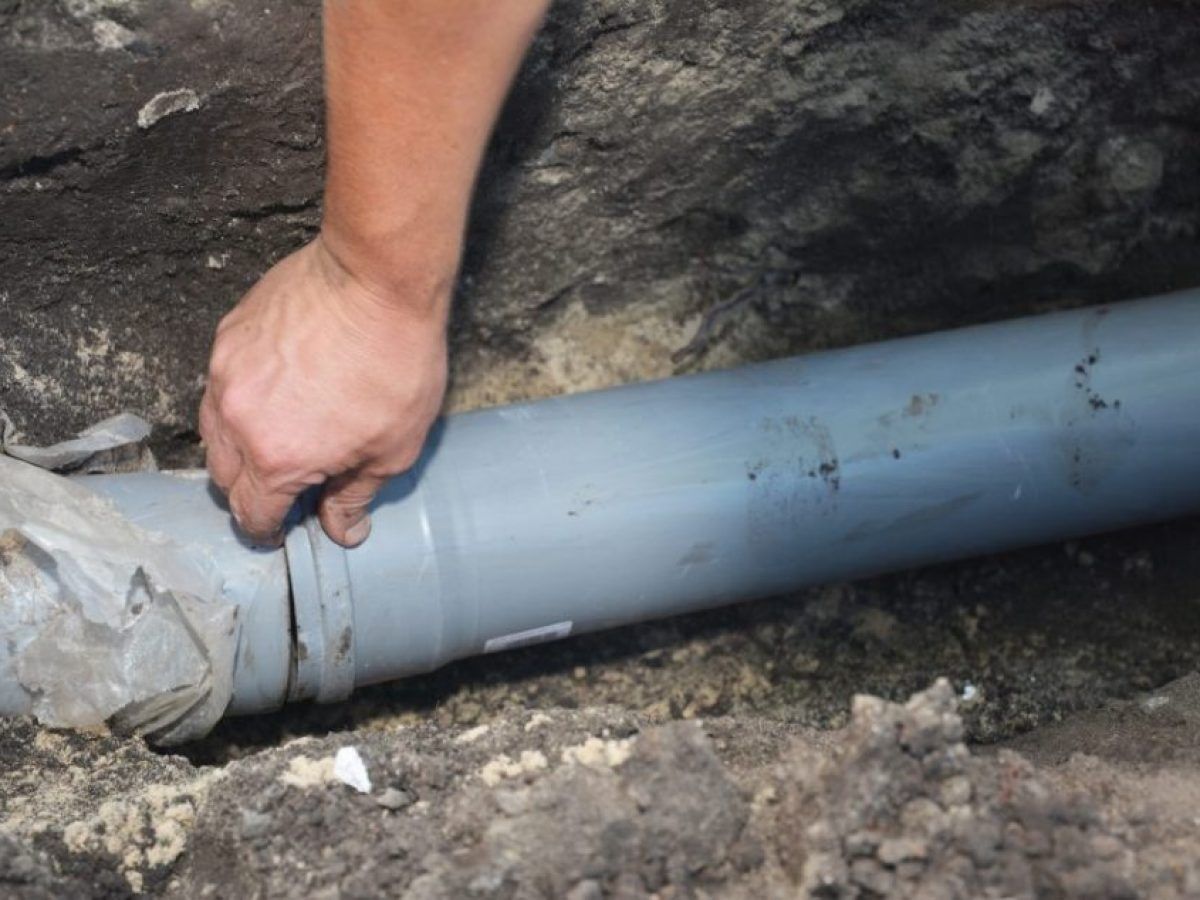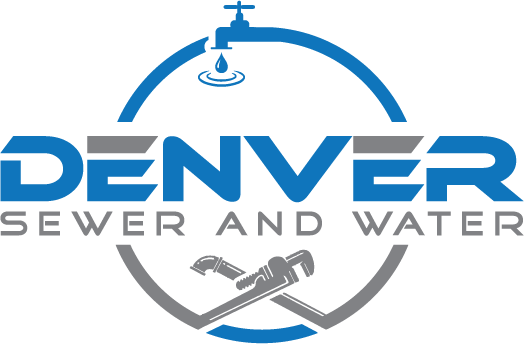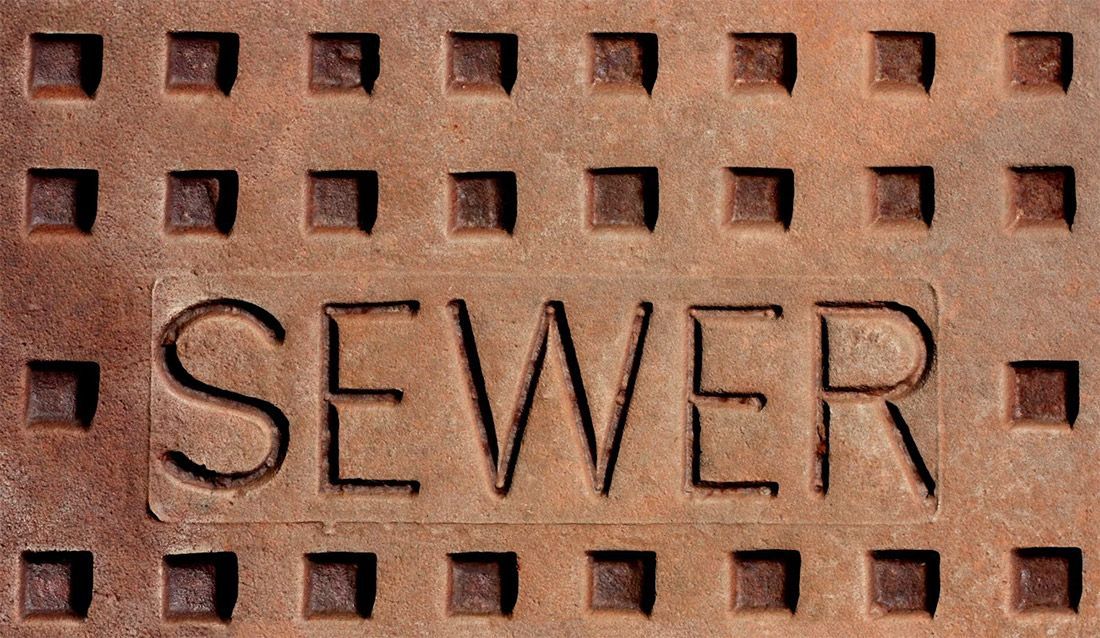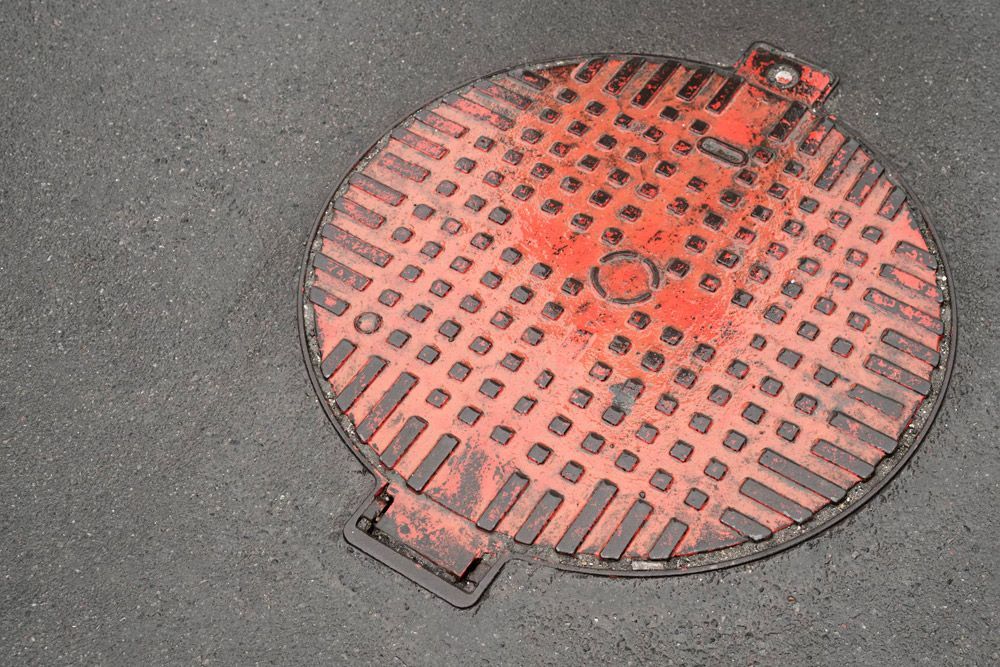How Long Do Water Lines Last Before They Need to Be Replaced?
It can be challenging to think about how long your water lines will last. First, everyone’s plumbing system is different. Based on when your house was built, your water lines are probably as new or old as your plumbing system, although they could have been replaced at some point.
Keep reading to find out more about water lines and when to replace your pipes.
Having a fixer-upper or older home can be a truly rewarding experience. However, there is always a fear about the water lines entering your home. Water lines are quite durable, but they do age. If you have a property that has been around before 1950, you should consider replacing your water lines.
Here are some average life cycles from HUD (U.S. Department of Housing and Urban Development) for the various types of metals used for water lines:
- Lead = 100 years
- Galvanized steel = 20-50 years
- Copper = 50 years
- PVC = indefinite
- Brass = 40-70 years
- Cast iron = 70-100 years
Many homeowners think that nothing can happen to the plumbing as long as the building is in place. But this is far from the truth. Even if you have the top quality plumbing installed, you might need to replace the plumbing in your house when the pipes decline and reach the end of their usefulness.
If it has been a while since you got an inspection of your home’s main water line (the pipe linking your home to the city supply), you may want to call a certified and licensed plumbing professional.
The Importance of the Main Water Lines in Your Home
From flushing the toilet to washing clothes, it all depends on the main water line. When that line has an issue, it impacts every appliance and plumbing fixture in your house. Furthermore, if the water line becomes damaged and can’t be repaired or collapses, running water won’t be available until a replacement job is done. This task typically takes a few days.
If you’re fortunate, your home’s water line will last 60 years or more. However, that is contingent on several factors. Even if these factors are mostly in your favor, your water line can still experience damage.
Taking into consideration how expensive and upsetting it may be to replace the main water line, it’s an excellent idea to have as much lead time as possible before replacing your main water line becomes mandatory.
The smart way to stay ahead of this is to schedule a water line camera inspection every two years.
Signs It May be Time For Pipe Repair or Replacement
Discolored Water
Discolored water can indicate sediment buildup or erosion inside the pipe, producing clogged appliances and fixtures. Orange water denotes rust. Sediment might color water brown or yellow.
Slab Leaks
Mysterious puddles are worse when they develop around your home’s foundation. These are apparent signs of a slab leak. Slab leaks occur in the pipes under your home’s concrete slab foundation.
A tiny leaky hole could burst open into a flood with little or no warning. A slab leak could damage your home’s structure and foundation, fostering mold growth. At worst, it could make your home unlivable.
Call a plumber immediately if you believe you have a slab leak in your home. Early intervention is crucial to lessening the damage.
Nasty Taste and Foul Odors in Your Water
The taste or smell of rotten eggs (sulfur), sewage, or fuel oil clearly indicates contamination or an issue requiring quick professional attention. Drink bottled water and get food delivery. Don’t do dishes in contaminated water.
Pipes are Old
If your house is over 40 years old and has never been re-piped, there’s a possibility its main water line is made of galvanized steel or asbestos cement. These materials are susceptible to corrosion. Moreover, ground shifting and high water pressure can also cause pipe deterioration.
Water Bill Increases
High water bills every month are usually a sign that you have pipes leaking in your house. Most likely a slab leak near the foundation, where it’s difficult to detect. You may consider an assessment of your plumbing system to inspect for unseen issues.
Shifting Soil
Shifting soil is not a good sign for underground plumbing. Vibrations from construction work and earthquakes can make pipes leak, shift, or break open. All these signs must be taken seriously. Get help from a professional plumber who can examine your system and provide the best solution.
Don’t wait until your house floods or is filled with mold.
The Service Lifespan of Different Types of Pipes
Replace the pipes of your water line at different times, based on the type of plumbing.
Supply Pipes
Supply pipes are subject to quite a bit of wear and tear. It is because the water flows through them using high pressure. A leak reveals the presence of an issue with these pipes.
Supply pipes can last for decades before any leakage happens. On average, supply pipes made with copper last close to 75 years, while brass and galvanized pipes have a life cycle of 80-100 years.
Faucet Lines
Pipes that lead to faucets are working under less pressure compared to the main, so their service life is somewhat extended. But that doesn’t mean they are safe from breakdowns. It’s smart to replace the tap lines if any leaking happens. Furthermore, Denver homeowners can alter their plumbing from time to time since they get tired of the old faucet and want to upgrade.
Machine Supply Hoses
Typically, emergency water leaks in the home could be seen in the piping that supplies water to the washing machine. A little leak doesn’t create considerable damage to the tools but needs to be repaired immediately.
Replacing the water supply hose to the washing machine every three years is necessary. Additionally, once a year, you need (or hire a certified plumber) to assess the pipe for the following signs:
Leaks – the hose should be dry and not have moisture inside. If water leaks or corrosion happens, the hose should be replaced.
Bubbles – This is the key indicator of excessive pressure in the hose. It can occur because the hose is clogged.
Mechanical damage - The hose might have a crack, hole, or other indications of wear and tear.
In any of the above circumstances, if a breakdown happens, you must shut off the water and get help from a professional plumbing technician.
This expert can help you find every foot of your mainline, evaluate its condition, and validate the pipe material. With this done, you’ll be prepared for the worst when it is time to replace.
Drain Lines
From modern PVC to cast iron, different materials are used in the manufacture of pipes for drain lines. They are branded by high strength and long service life. In spite of this, adverse weather and tree roots can severely destroy drain lines. They replace PVC piping most often required after 40 years of operation. The lifespan of cast iron pipes is somewhat lengthier and amounts to close to 100 years.
Toilet Pipes
Sewage pipes are essential utilities in your home. But when deciding if the pipes need replacing, you should look at not only the pipes themselves but also the sanitary ware. For instance, the toilet bowl’s flaps, valves, and fittings can last no longer than five years.
Water Heater
A water heater typically needs replacing after an average of 10 years. Some can last close to 15 years. If you have a tankless water heater, it requires a replacement every 20 years. A water heater can stop working for a vast number of reasons:
- Broken thermostat
- An issue with the shutoff valve
- Incidents of corrosion and leaks
- Breakdown of the auto-switch
Garbage Disposal
Additionally, extra attention must be given to the garbage disposal. This equipment can be found in a vast number of contemporary homes. On average, a garbage disposal can last up to 15 years. Issues with this equipment are implied by leaks, strange noises, or subpar functionality.
Generally, there are numerous types of pipes in the house, forming a whole system.
It becomes necessary to replace based on the material from which the tubes are made. If there are any indications of plumbing failure, it is smart to handle the issue immediately.
Professional Replacement of Your Home’s Pipes
Not all Denver homeowners are completely aware of how to replace the pipes and other plumbing in a house. To prevent errors and start more plumbing issues, it’s best to get in touch with our repipe specialists in Denver. We are ready to handle any piping or plumbing issue.
Whether the water isn’t flowing correctly, or it is time to change the pipes, we use high-quality parts in our projects, ensuring exceptional service to every client. Contact us today to find out more about our services and how we can help.
